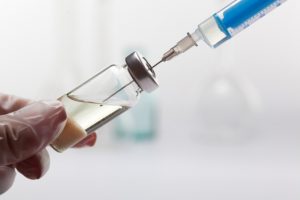
Before Inclisiran can be made available for public use, it must undergo another clinical trial and then get approved by the FDA. Currently, cholesterol treatment involves the use of daily pills known as statins.
The researchers found combining Inclisiran with statins known as PCKS9 inhibitors brings LDL levels to much lower levels, which could help improve prevention of stroke, heart disease, and heart attack.
Inclisiran makes the liver flush out greater amounts of LDL cholesterol by blocking PCKS9 protein. Previous treatment using PCKS9 inhibitors are often expensive and require 12 to 24 injections a year. The twice-a-year injection of Inclisiran offers a much more convenient treatment option at a cheaper price.
Although the clinical trial thus far has shown great reductions in arterial plaque, it is unclear whether the risk of stroke and heart attack is reduced. The researchers must still wait for these results in clinical trials.
As with any drug, some side effects have been reported, which included muscle aches, headache, fatigue, back pain, high blood pressure, diarrhea, and dizziness.
Although it may be some time before an injectable cholesterol-lowering drug is made widely available, it does give hope that we are getting closer in improving cholesterol control.